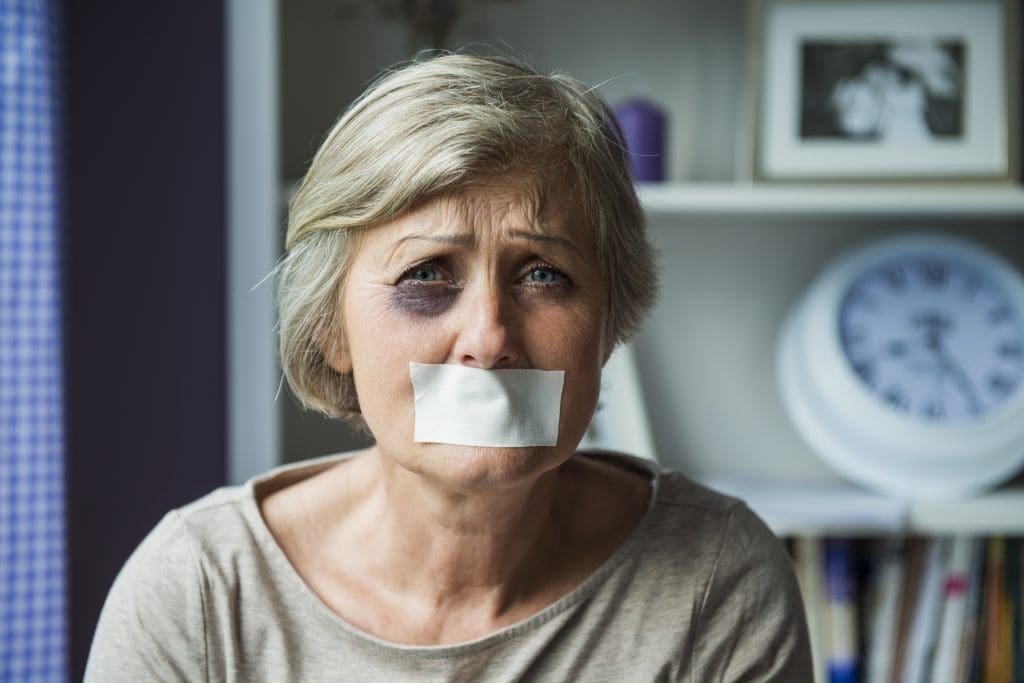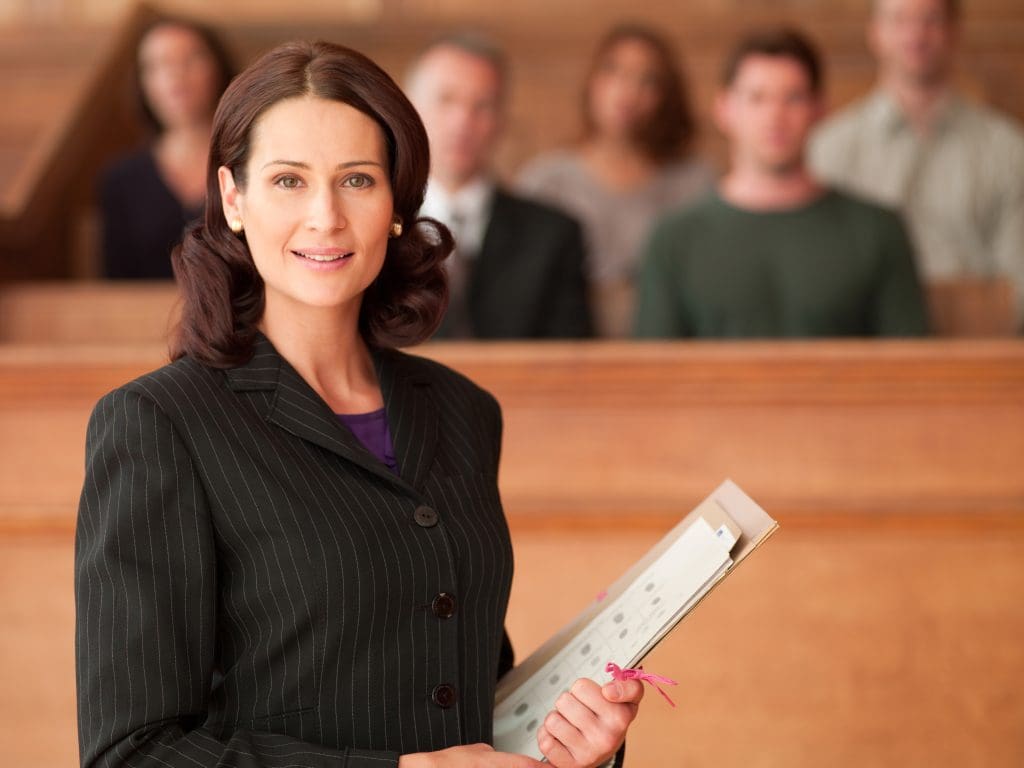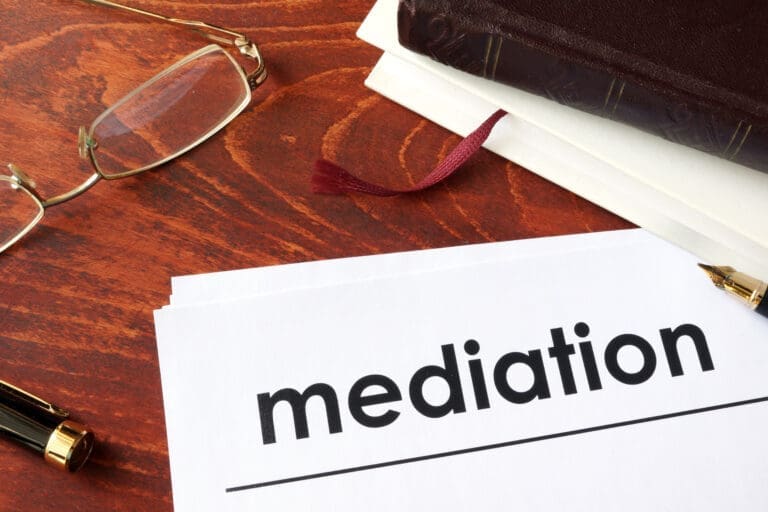What Cooperative Witnesses Should — And Shouldn’t Do
por el difunto Mark Sullivan, abogado penalista colegiado, Palm Springs, California. Publicado originalmente en 2005 y reimpreso con permiso de la revista Crime, Justice and America.


More often than not, alleged victims in domestic violence (DV) cases do not want to cooperate with the prosecution. Sometimes, it’s because they don’t want the defendant to go to prison or jail. Other times, it is because they lied at the time of the incident, and they fear perjury or obstruction charges of their own. Usually, they call the DA’s office and ask to “drop the charges.” Quickly and bluntly, they are told that they are not a party to the case, and that the charges are not theirs to press or drop.
In that instance, the DA’s office is exactly right. They decide which cases are prosecuted and which are dismissed. However, although DV victims are not parties, they are witnesses, and usually critical witnesses to a successful prosecution.
DV witnesses who wish to cooperate with the defense need to know several things:
- They must show up in court ONLY if they are lawfully subpoenaed
- They must testify ONLY if the judge instructs them to do so
- They don’t have to worry about winning or losing the case
- If forced to testify, they must tell the absolute truth.
Contrary to what the DA’s office will tell them, they are NEVER required to go to the DA’s office, only the courtroom listed on the subpoena, and they are NEVER obliged to cooperate with the DA. But DV witnesses are just like any other witnesses, so if they are ordered to testify, they must tell the absolute truth.
Sometimes the truth is consistent with what is in the police report, oftentimes it is not.
Sometimes, a cooperative witness in a DV case asks me to help them lie to help the accused. Not only do I not encourage them to lie, I will not tolerate it. When a witness lies, even if they think that it is for a very good reason, they are committing perjury, a felony. More importantly, if a DV victim lies to the jury, it will probably backfire on them. That is because when a jury thinks that if a victim is lying, they blame the defendant for “controlling” the witness.

Lastly, witnesses do not win cases. They shouldn’t take sides, present theories, or try to persuade a jury. It is the lawyer’s job to present the truth in a light most favorable to the defendant, and to persuade the jury to do the right thing.
Good lawyers win DV cases despite the complainant testifying “against” the defendant, because the jury has a right to know everything, including the witnesses’ motivation. Many times victims will testify about unscrupulous prosecutors threatening to take their children away or prosecuting them as unfit parents. Oftentimes, witnesses will complain that the prosecutor threatened them to testify consistent with the police report or face perjury charges. When a jury hears this, they invariably do the right thing.
My instructions to DV victims is to consult with the defense attorney to prepare their direct testimony, and their cross examination, and then to answer all questions truthfully, including their motivations and attitude toward the giving of testimony. While juries usually do not ignore the judge’s instructions and blindly vote not guilty, knowledge of the motivations and attitude of the victim will cause them to do the right thing, because their decision will be based upon truthful, not perjured testimony.








